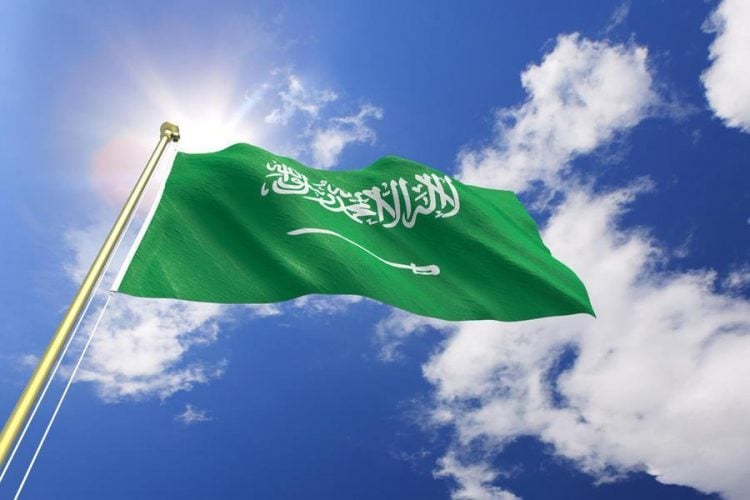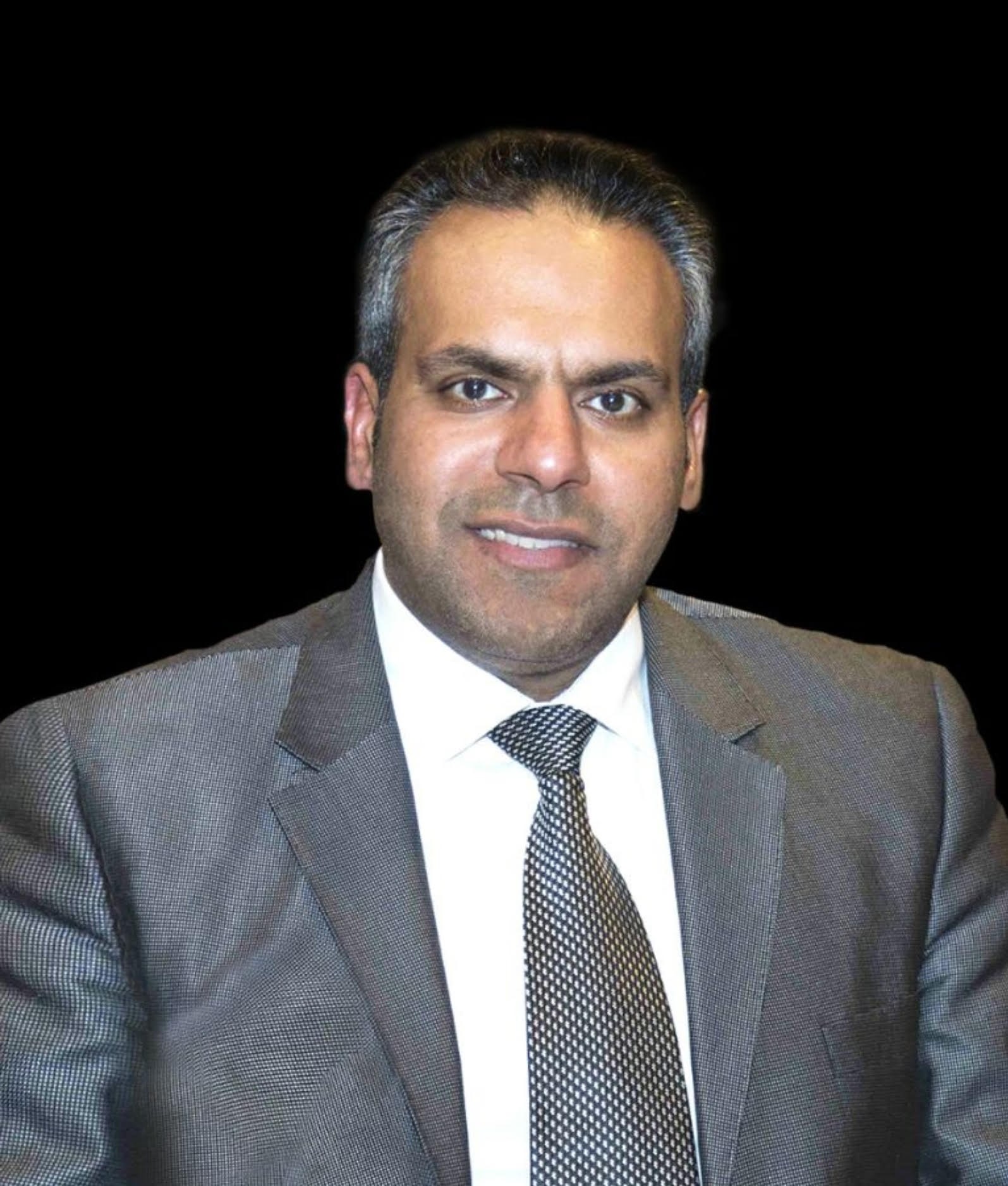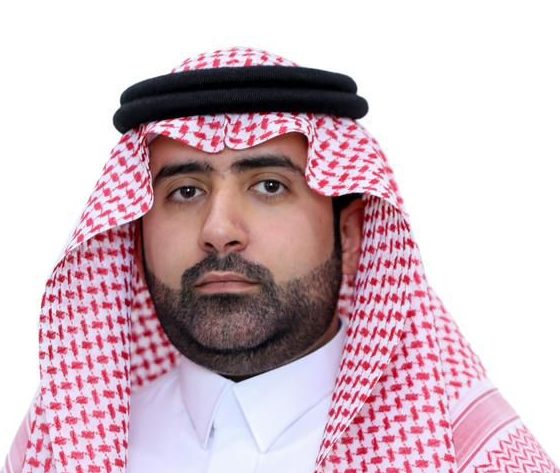© 2020 All rights reserved to Maaal Newspaper
Publisher: Maaal International Media Company
License: 465734
IMF expects Saudi economy to grow by 7.6% in 2022
The International Monetary Fund (IMF) said today, Monday, that it expects Saudi Arabia to achieve growth of 7.6% this year, slightly less than the government’s forecast of 8% and up from 3.2% in 2021.
The Fund indicated that there are expectations that the growth of the oil sector in the Kingdom will decline by 3.3% next year from 13.1% this year, while expectations of non-oil GDP in 2023 are about 3.8%, compared to 4.2% this year.
The IMF revealed that the Arab Gulf oil-exporting countries are expected to give up on average about 33% of oil revenues in the period from 2022 to 2026, which will lead to an overall improvement in the financial balance, stressing the need to resist the rebound to increase spending at the time of economic capacity through spending that supports the economic cycle.
According to “Reuters”, the Fund added in the latest report that the rise in oil and gas prices is expected to increase the average current account surplus in the six countries that make up the Gulf Cooperation Council to 9.7% of GDP in 2022, an increase From 4.6% of GDP last year, which would lead to an additional surplus of $275 billion.
Jihad Azour, director of the International Monetary Fund’s Middle East and Central Asia Department, said, “Many (Gulf countries) confirm that this time they will stick to their (financial discipline) plans… There is always a temptation to return to pro-cyclical spending.”
He added, “The oil-exporting countries should increase and enhance their reserves and use this moment as a credibility test for sustainable diversification” of economic activities.
It is expected that the oil-exporting countries in the Middle East will outperform their peers with forecasts of 5.2% growth this year, up from 4.5% in 2021, driven by high oil prices and strong non-oil GDP growth, which offset the impact of raising global interest rates and rising food prices.
In its report, the Fund indicated that growth is expected to decline to 3.5% in 2023, with the decline in oil prices and the slowdown in global demand.
Azour said, “Our policy recommendations to Saudi Arabia as well as to other oil-exporting countries are to maintain the path of reforms that helped diversify the economy, improve productivity, and avoid policies that support the economic cycle.”
He added that the size of the non-oil sector is growing in Saudi Arabia, the UAE and other Gulf countries with the start of work in new sectors and attracting investments, with the presence of a financial sector that “has a large, profitable and strong capital.”
Azour urged increasing efforts to diversify economic activities and legislative reforms to increase productivity and enhance infrastructure to support private sector growth.
Related
اقرأ المزيد







